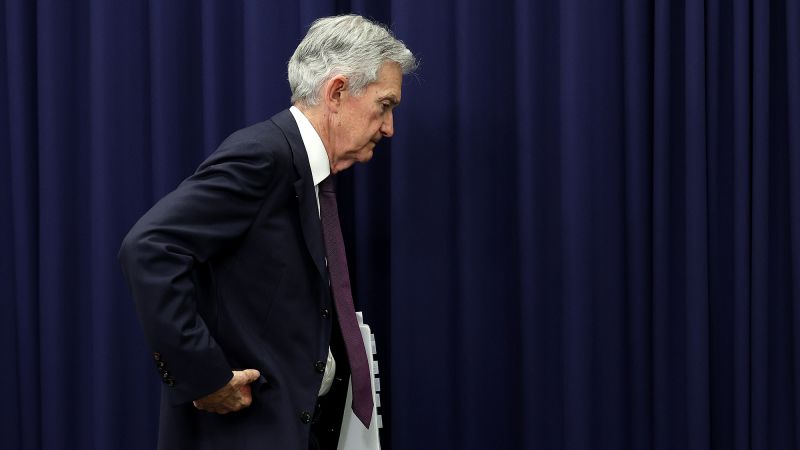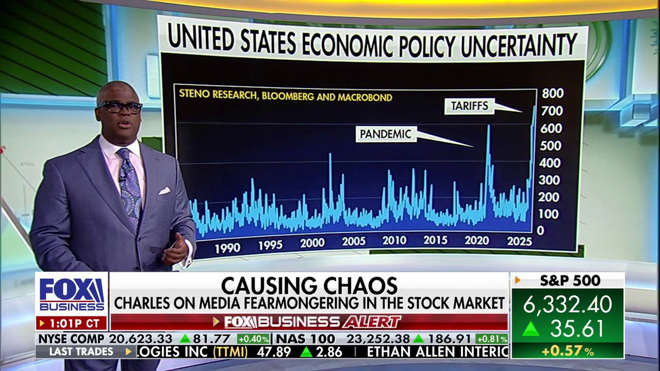
Former President Donald Trump’s indication that he may seek to remove Federal Reserve Chair Jerome Powell if re-elected has sparked concern among economists and financial analysts. Dismissing the head of the U.S. central bank, an institution that traditionally operates independently from the executive branch, could lead to significant consequences for the U.S. economy and global financial markets.
The Federal Reserve, under Powell’s leadership, has played a pivotal role in managing inflation and guiding economic policy, especially through periods of uncertainty such as the COVID-19 pandemic. Any disruption in its leadership, particularly if perceived as politically motivated, may undermine investor confidence in the Fed’s commitment to price stability and full employment.
Experts warn that removing Powell could result in turbulence in financial markets, higher borrowing costs, and increased risk premiums. It could also cast doubt on the central bank’s autonomy, which is crucial for maintaining the credibility of monetary policy. Analysts caution that such a move may be interpreted as an effort to exert political influence over interest rate decisions and inflation targets.
Historically, U.S. presidents have refrained from interfering with the Federal Reserve to preserve its independence. However, Trump’s previous vocal criticisms of Powell for raising interest rates during his tenure signal a willingness to challenge this norm.
If Trump were to attempt Powell’s removal, legal and structural hurdles would also surface. The Fed chair can only be dismissed for cause, making it unclear whether dissatisfaction with policy decisions would constitute legitimate grounds.
The implications of such an action could extend beyond U.S. borders, potentially destabilizing international markets that rely on the consistency and credibility of U.S. monetary policy.
As the political landscape evolves ahead of the 2024 election, Trump’s stance on Powell and the independence of the Federal Reserve is likely to remain a focal point in discussions about economic governance and market stability.
Source: https:// – Courtesy of the original publisher.








